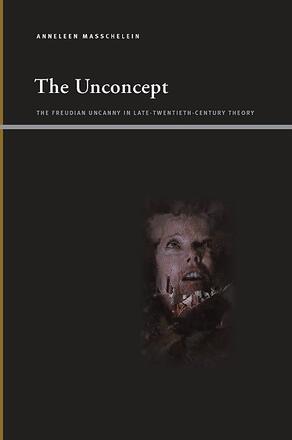
The Unconcept
The Freudian Uncanny in Late-Twentieth-Century Theory
Alternative formats available from:
Explores the conceptualization of the Freudian uncanny in various late-twentieth-century theoretical and critical discourses (literary studies, psychoanalysis, cultural studies, art history, trauma studies, architecture, etc.).
Description
The Unconcept is the first genealogy of the concept of the Freudian uncanny, tracing the development, paradoxes and movements of this negative concept through various fields and disciplines from psychoanalysis, literary theory and philosophy to film studies, genre studies, sociology, religion, architecture theory, and contemporary art. Anneleen Masschelein explores the vagaries of this 'unconcept' in the twentieth century, beginning with Freud's seminal essay 'The Uncanny,' through a period of conceptual latency, leading to the first real conceptualizations in the 1970s and then on to the present dissemination of the uncanny to exotic fields such as hauntology, the study of ghosts, robotics and artificial intelligence. She unearths new material on the uncanny from the English, French and German traditions, and sheds light on the specific status of the concept in contemporary theory and practice in the humanities. This essential reference book for researchers and students of the uncanny is written in an accessible style. Through the lens of the uncanny, the familiar contours of the intellectual history of the twentieth century appear in a new and exciting light.
Anneleen Masschelein is Assistant Professor in Literary Theory and Cultural Studies at the Catholic University of Leuven in Belgium and Postdoctoral Researcher at the National Fund of Scientific Research, Flanders.
Reviews
"…[a] daring and erudite study … The Unconcept accomplishes an impressive feat. Masschelein admirably unfolds the century-long formation of an important literary concept as if she is narrating a story—albeit, a densely theoretical tale, and one more edifying as a reference than as a pleasure. Her copious notes and bibliography alone qualify this book as an important contribution to scholarship and a formidable resource for scholars working in the realm of the uncanny." — Journal of the Fantastic in the Arts
"The Unconcept is ambitious, meticulously researched, and, much like the Freudian term it examines, intensely self-conscious … [it] delivers a careful diachronic analysis of a haunting theoretical concept, mapping its century-long journey to the center of our attention." — IMPACT